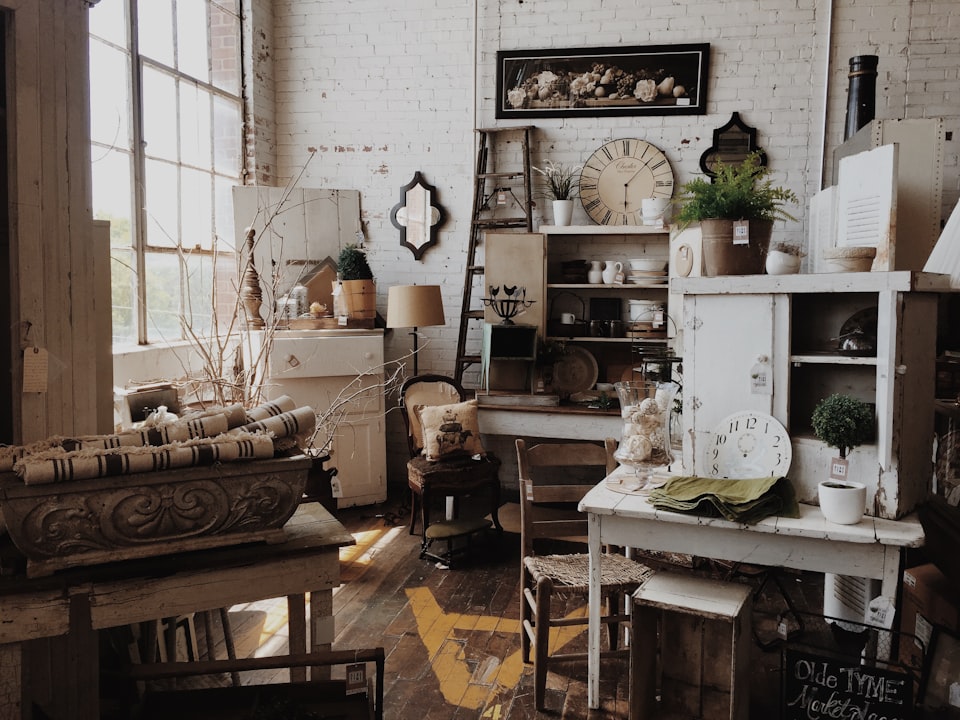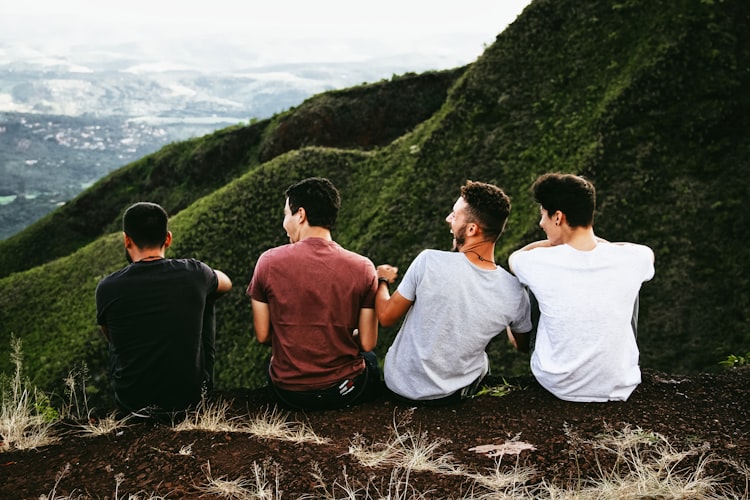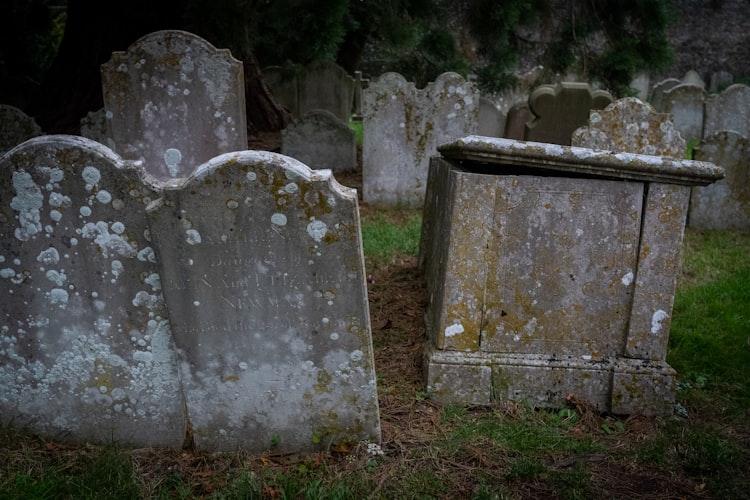Why I Own Nothing

Sometimes people tell me that I am a "handsome young man," and though I appreciate the compliment and feel happy about it, it also manages to remind me that this compliment was not directed at me. There is a joke I've heard before in which a person says that "every time you ask me 'how are you?' I remember that I am not doing well, so to hell with that question," similarly, every time someone mentions a "good feature" in me -which I am insanely grateful for- I remember that what they are complimenting is something that is not me, and that I do not own.
A couple of years ago, I suddenly fell really sick. After an intensive battery of tests, no obvious reason for my illness was found and my situation was only getting worse.
I was sitting on my king-size bed, a single white ceiling light was on over my head, and the occasional lightning that illuminated the trees on the hills around the house I stayed in reminded me of how strange I thought summer thunderstorms are.
"Why me?!" I cried that night while rolling right and left frantically, breathing heavily, and wiping the tears off my face with the pillows and blankets. I was only 19, but it did not feel that way.
I then remembered something I read earlier that year, and while I was glad I remembered it, it was painful to think of and so sobering. I remembered the fear I had when reading it for the first time, hoping that it will only stay a thing that I read about and do not actually know. It was a quote written by a terminal lung cancer patient and it said: "Why me? (Answer: Why not me?)" None of us is unique in the face of illness and death.
I quickly came to the realization that my health, my body, my youth, and my looks were nothing but a trusteeship. They were given to me without much effort on my part, and they could be taken away without my permission, and all I could do is to try and take care of them while I can.
Alain de Botton wrote in one of his novels that:
"I would prefer you to compliment me on my brain than on my face, but if you must, then I would rather you comment on my smile (motor and muscle–controlled) than on my nose (static and tissue-based). The desire is that I be loved even if I lost everything: leaving nothing but 'me,' this mysterious 'me' taken to be the self at its weakest, most vulnerable point."
de Botton is asking to be appreciated for the only thing that he actually owns, his intellect and thought, or at least for the things that are a result of his effort rather than that which is simply given by good fortune. He then asks the lover:
"Do you love me enough that I may be weak with you? Everyone loves strength, but Do you love me for my weakness? That is the real test."
This extends to everything beyond just health. With enough misfortune, one could lose his health, money, loved ones, clothing, access to the internet, and perhaps be jailed unfairly for a lifetime.
Viktor Frankl describes how all the men concentration camp he was a prisoner were undressed, all their possessions were taken away from them, and -to remind them that they own nothing,- their entire bodies were shaved, even their eyebrows.
My youth will turn into old age, my hair will fall, and I will start moving slower. I was thinking that what could be left for me are intellect and my memories, but then I remembered that I do not own my memories either for dementia is still a threat.
And while this might sound depressing, it encourages me to get my priorities and values straight and I am really glad that I learned this lesson at 19.





